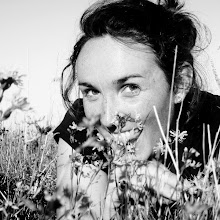The
ancient Greek aphorism 'γνῶθι σεαυτόν' roughly
translated as 'Know Thyself'
has had many different meanings throughout literature. The Suda (a
massive 10th century Byzantine encyclopedia of the ancient
Mediterranean world) says: “the proverb is applied to those whose
boasts exceed what they are, and that know thyself is a warning to
pay no attention to the opinion of the multitude”.
In
Plato's Philebus, Socrates said that people make
themselves appear ridiculous when they are trying to know obscure
things before they know themselves. Later Benjamin Franklin observed
the great difficulty of knowing one's self by saying “there are
three things extremely hard, steel, a diamond and to know one's
self.” More recently (or not so recently) the Latin of know
thyself: 'temet nosce' was inscribed over the Oracle's door in the
Matrix.
"Know thyself" the interpretations are endless yet we
obsess over it . It is the basis of the majority
of self-help, the aim and basis of many religions; its the sign of being a
mature adult. But how do you 'know thyself'? What does that really look like 'knowing thyself'? Is it all about
introspection and self reflection or is knowing 'thyself' not about
us at all? Abraham Joshua Herschel once said “Know thy God rather
than know thyself... there is no self-understanding with out
God-understanding.”
In my search to know/understand myself I have to admit that I get slightly confused, lost and bewildered at times. Like Anne
from L.M. Montgomery's Anne of the Isle I think I know myself then,
myself changes and I have to get acquainted all over again. Is it growing pains or is the quest to 'Know thyself' akin to chasing a rainbows end?
“I
do know my own mind,' ... 'The trouble is, my mind changes and then I
have to get acquainted with it all over again.” L.M. Montgomery


0 comments:
Post a Comment